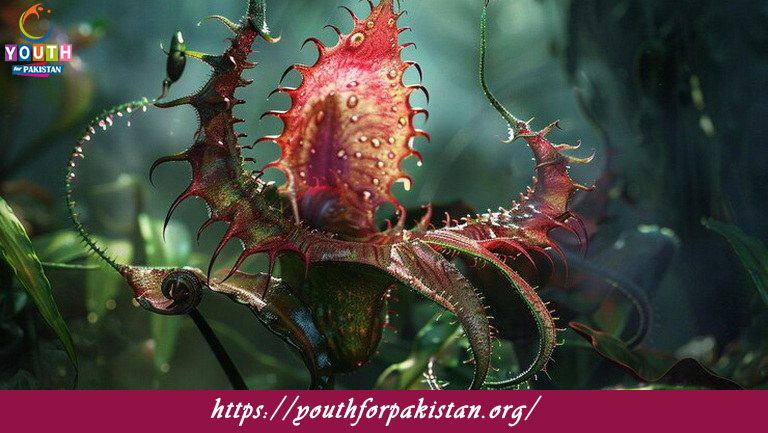The Kingdom Protista Quiz with Answers

Welcome to the The Kingdom Protista MCQs with Answers. In this post, we have shared The Kingdom Protista Online Test for different competitive exams. Find practice The Kingdom Protista Practice Questions with answers in Biology Tests exams here. Each question offers a chance to enhance your knowledge regarding The Kingdom Protista.
| The kingdom Protista is a very diverse group of eukaryotic organisms, mostly unicellular, but sometimes multicellular. It’s a catch-all category for those organisms that don’t fit into the other eukaryotic kingdoms such as Animalia, Plantae, and Fungi. Protists have complex cellular structure, and they also demonstrate a very wide range of lifestyles. They can sometimes be autotrophic-selffeeding, but are typically heterotrophic, meaning they feed on others. The dominant groups of the Kingdom Protista are: Protozoa: These are really single-cell organisms. Either free-living or parasitic in habit, they are generally amoebas, paramecium, and flagellates. Protozoans were classified based on their mode of locomotion-that which is achieved either through the action of pseudopodia, cilia, or flagella. Algae: photosynthetic protists which can be unicellular or multicellular. These are amongst the most important producers in aquatic ecosystems, ranging from the microscopic to the very large seaweeds such as kelp. There are a number of groups to which algae belong, amongst them green algae, brown algae, and red algae. Slime Molds: These organisms have characteristics of both fungi and protozoa. Typically, they are single-celled animals, but they tend to come together in specific conditions to form multicellular bodies. To that extent, slime molds determine the decomposition rate of organic matter in an ecosystem. Water Molds These are filamentous organisms living in a medium as aquatic and found on decaying organic matter. Some water molds are plant pathogens. The Kingdom Protista plays critical roles in achieving ecological balance by offering niches in food webs, nutrient cycling, and as pathogens sometimes. Thus, the study of protists becomes important for insight into biodiversity and evolution of complex life forms. |
The Kingdom Protista Online Quiz
By presenting 3 options to choose from, The Kingdom Protista Quiz which cover a wide range of topics and levels of difficulty, making them adaptable to various learning objectives and preferences. You will have to read all the given answers of The Kingdom Protista Questions and Answers and click over the correct answer.
- Test Name: The Kingdom Protista MCQ Quiz Practice
- Type: Quiz Test
- Total Questions: 40
- Total Marks: 40
- Time: 40 minutes
Note: Answer of the questions will change randomly each time you start the test. Practice each quiz test at least 3 times if you want to secure High Marks. Once you are finished, click the View Results button. If any answer looks wrong to you in Quizzes. simply click on question and comment below that question. so that we can update the answer in the quiz section.
Download Certificate of Quiz The Kingdom Protista
On the end of Quiz, you can download the certificate of the quiz if you got more than 70% marks. Add a certificate to your job application or social profile (like LinkedIn) and get more job offers.
If you are interested to enhance your knowledge regarding English, Physics, Chemistry, and Computer please click on the link of each category, you will be redirected to dedicated website for each category.




